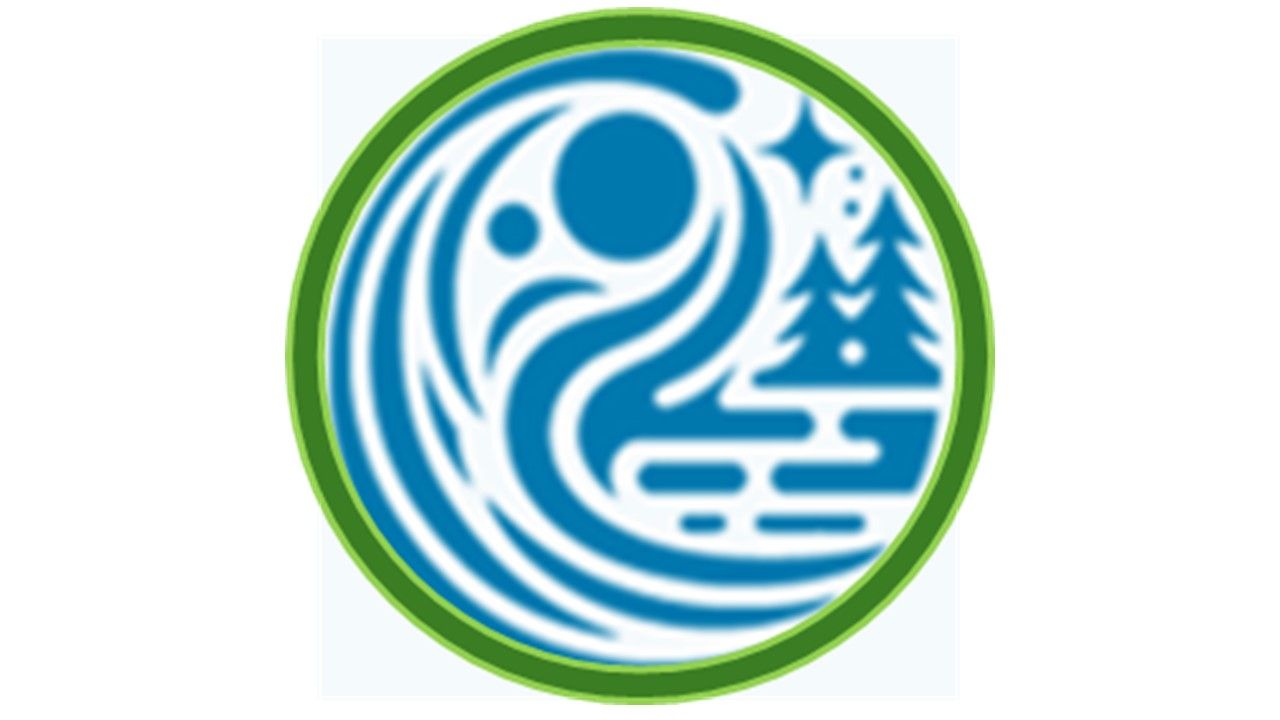Understanding Indigenous Rights in Canada: What You Need to Know
Introduction to Indigenous Rights in Canada
Indigenous rights in Canada are a cornerstone of the nation's commitment to reconciliation and justice for First Nations, Inuit, and Métis peoples. These rights are recognized and affirmed in various legal frameworks, including the Constitution Act, 1982. Understanding Indigenous rights involves appreciating the historical context and the ongoing efforts to address past injustices and promote equality.

Historical Context of Indigenous Rights
The history of Indigenous rights in Canada is marked by a series of treaties and agreements between Indigenous peoples and colonial governments. These treaties were often misunderstood or violated, leading to long-standing grievances. The Royal Proclamation of 1763 is one of the earliest formal recognitions of Indigenous land rights, setting the stage for future legal developments.
Throughout the 19th and 20th centuries, policies such as the Indian Act severely restricted the rights of Indigenous peoples, affecting their autonomy, culture, and economic opportunities. Residential schools further exacerbated these issues by forcibly assimilating Indigenous children, leading to deep cultural and personal trauma.
Legal Frameworks Protecting Indigenous Rights
Today, Indigenous rights are protected under several legal frameworks. The Constitution Act, 1982, particularly Section 35, recognizes and affirms existing Aboriginal and treaty rights. This section is crucial as it establishes a legal foundation for Indigenous peoples to advocate for their rights.
The United Nations Declaration on the Rights of Indigenous Peoples (UNDRIP), which Canada adopted in 2016, further supports Indigenous rights. It emphasizes self-determination, land rights, and the preservation of culture and language. Canadian law continues to evolve in response to these international standards.

Key Issues in Indigenous Rights
Some of the key issues surrounding Indigenous rights include land claims, self-governance, education, and healthcare. Land claims often involve disputes over land use and ownership, requiring negotiation and legal intervention to resolve. Self-governance is another critical area, with many Indigenous communities seeking greater autonomy over their affairs.
Education and healthcare are essential aspects of Indigenous rights as well. Ensuring access to culturally relevant education and healthcare services is vital for improving the quality of life in Indigenous communities. Efforts are being made to integrate traditional knowledge and practices into these systems.

The Role of Reconciliation
Reconciliation is a crucial process in addressing the historical injustices faced by Indigenous peoples in Canada. The Truth and Reconciliation Commission (TRC) has played a significant role in this effort, providing recommendations for government and society to follow in healing relationships with Indigenous communities.
Reconciliation involves acknowledging past wrongs, making amends, and working towards a more equitable future. It is an ongoing process that requires commitment from all levels of society, including government institutions, businesses, and individuals.
Looking Forward
The future of Indigenous rights in Canada lies in continued dialogue and collaboration between Indigenous peoples and non-Indigenous Canadians. Building partnerships based on mutual respect and understanding is essential for fostering a just society where Indigenous rights are fully respected and upheld.
As more Canadians become aware of the importance of Indigenous rights, there is hope for meaningful progress towards equality and justice. Education and advocacy play vital roles in this journey, empowering individuals and communities to contribute positively to reconciliation efforts.
